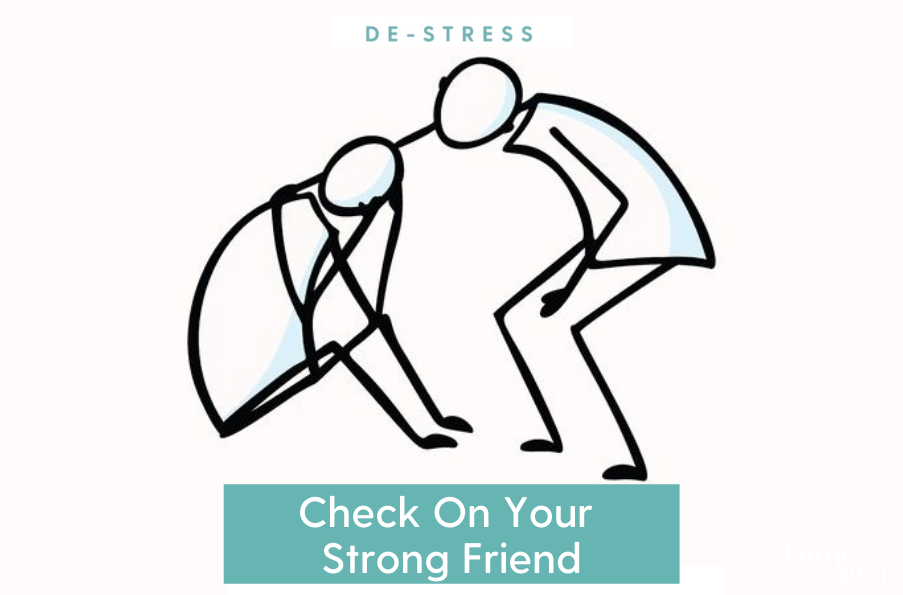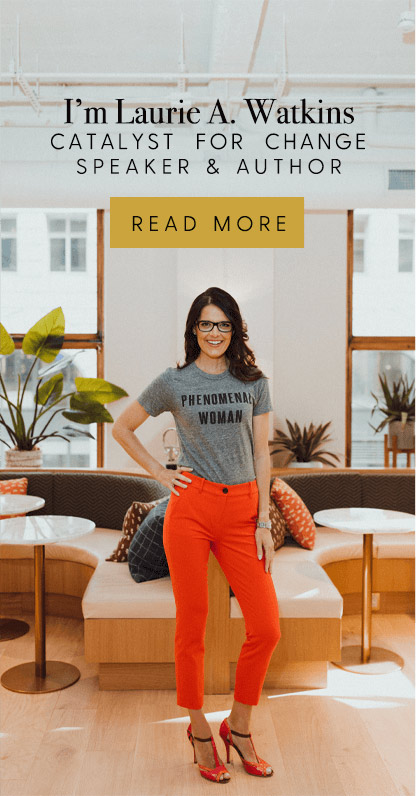The toll of the coronavirus pandemic is more than just lives lost to the disease, missed time with family and friends, loss of jobs, or other losses. Many people have been affected by the psychological trauma and fallout of living in isolation and fear during a global crisis.
Many people have been avoiding exposure to COVID-19 because of fear of the long-term physical effects of the disease; however, people are starting to also focus on the long-term emotional effects of living through this unprecedented time.
Mental health is becoming far less taboo of a topic. It is amazing that we are evolving to where we can talk to our friends, family, co-workers, and/or professionals about our mental health state. Yet, I do acknowledge there is still fear and trepidation by many in fully opening up about the many challenges we face.
We can credit some amazing women with coming forward publicly to talk about their mental health struggles. Some that come to mind for me are: Demi Lovato, Meghan Markle, Michelle Obama, and Chrissy Teigan.
Demi Lovato has opened up the conversation on mental health including its ties to addiction and body image issues. Her openness has been inspiring, especially from such a young age. Meghan Markle recently opened up about her suicidal thoughts while combating bullying in the press. Michelle Obama shared in her book, Becoming about her journey with mental health, and even her fertility journey. Chrissy Teigan, always vocal on social media, shared her recent loss and choice to live a sober lifestyle after her struggle with mental health and the painful loss of her son Jack in a miscarriage. And today, Chrissy announced that she quit twitter because of how negatively it was affecting her life, energy, and mental space. It is truly admirable for these women to talk so openly and publicly about a formally taboo topic in order to help the rest of us open up dialogue with each other.
Not everyone’s happiness looks the same. Not everyone’s depression looks the same. Not everyone’s anxiety looks the same. Not everyone’s struggle looks the same. We may not always be able to tell when someone is struggling.
Plenty of people visibly cry or get upset; others will just push down their emotions, or appear to always remain strong, holding it all together.
Strength is literally defined as the ability to endure, to push through and stand firm when faced with adversity. Strength does not mean you are immune from struggle. You are not immune to sadness. You can still feel drained, tired, down and even cry.
Oftentimes, the “strong friend” is overlooked by those closest to them.
According to Darrah Ferguson, a licensed graduate professional counselor says, “The strong friend is everybody’s go-to person, and they hurt the most. Not only are they carrying your stuff, they’re carrying their own stuff too.” These strong friends are also usually the most compassionate, understanding, empathetic, and even patient when listening to other’s struggles but tend to fail to give those qualities to themselves.
It’s important to realize that your strong friend is not immune to the stressors of everyday life. Just because someone doesn’t share their burdens or hard days, that doesn’t mean they don’t have them.
Here are some tips on how to help your strong friend:
Challenge answers. When you ask someone how they are, including your strong friend, push for more details on their answer. Why are you fine? What was good today? Are you really OK? Better yet, ask a better question than simply “how are you?” This can show your interest and true investment in their feelings and help keep the conversation going.
Listen to your gut. If something in you is telling you to check on your strong friend… do it. Don’t wait. We all get busy or see a text message and think, “I’ll respond later.” Try not to delay. Even if someone is putting perfect photos on Instagram, or you think they have it all together, everyone needs help sometimes.
Offer to simply listen. Letting your strong friend know that you are there for them, simply to listen, might be what they need. Sometimes people don’t want advice or feedback, but rather a sounding board to “unload” onto. Offer to be that person if you yourself have the capacity to do so.
Think about practical help. Our strong friends are the ones who break a bone and still go to the grocery store and do carpool. Sometimes, more practical help is appreciated. Bring a prepared meal. Offer to babysit. See if they need a ride somewhere. Think about the things they may be too proud to ask for and just offer them, or just do them if you have that relationship with the person.
If you are the strong friend…
It is more that OK to admit moments of vulnerability and even weakness. We all need help or support or love at some point. Try to truly allow your friends to dote on you and cater to your needs, just as you do to theirs. Allowing your friends to see the real you – the sad, the tired, the stressed, the insecure – can help deepen those friendships. Trust that your friends will love you anyway, just as you love them anyway.
I know it can be hard to ask for help, but asking for help is a sign of strength, not weakness. You should practice being more open with your feelings and revealing your emotions. Even if you find just one person you can unload on, even a little to start, it can transform your mental health entirely. We have all heard how it takes a village to raise a child, sometimes we need a village as adults too. The size of that village can vary from person to person, but we all need someone eventually.
As the strong friend, it is important to not ignore how you feel. Start by being honest with yourself and then you can be more honest with others.
Remember, just because someone carries it well, doesn’t mean it’s not heavy.
There has been lots of heaviness in the world lately. It is almost unthinkable that while living through such a devastating, life altering pandemic, we have also experienced a racial injustice movement with the Black Lives Matter movement, the hate crimes against the AAPI community, and the recent gun violence incidents; two mass shootings in less than a week.
Now is a great time to check on your Black friends. Check on your AAPI friends. Check on those that have a close connection to gun violence. These times can be really triggering, and could be affecting others more than we realize. A simple text or phone call to let others know you are thinking of them can be really impactful.
I’d love to hear some of your stories. When have you been the strong friend, and what did it take for you to open yourself up to getting help or sharing a vulnerable feeling with someone else? When have you realized your strong friend needed help? What did you do to help?






